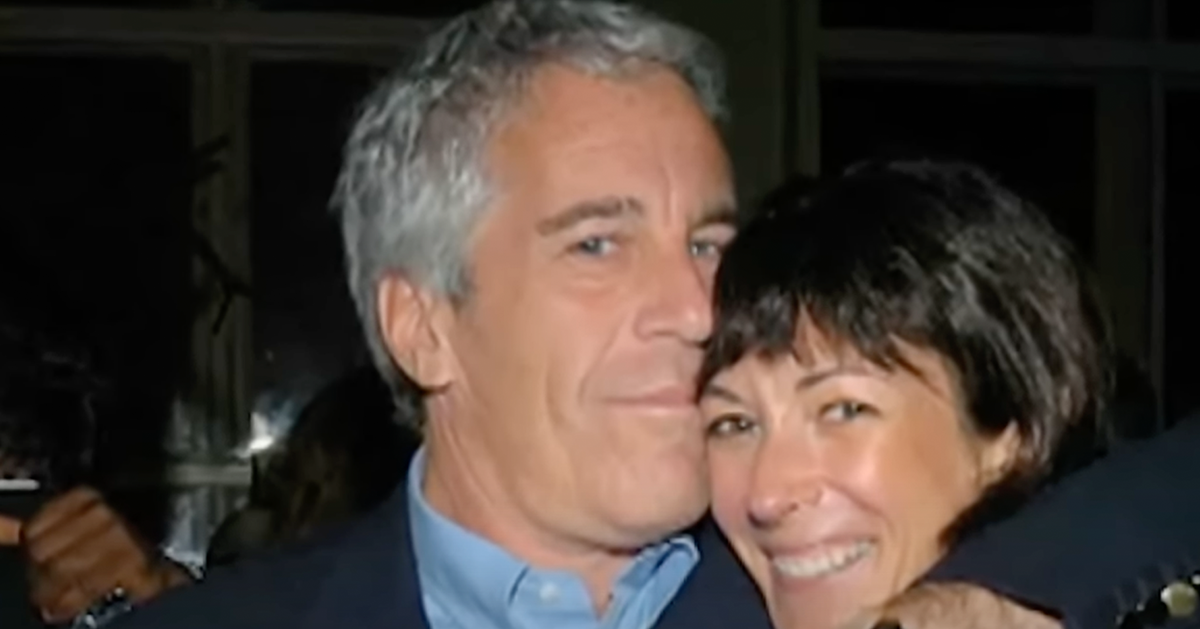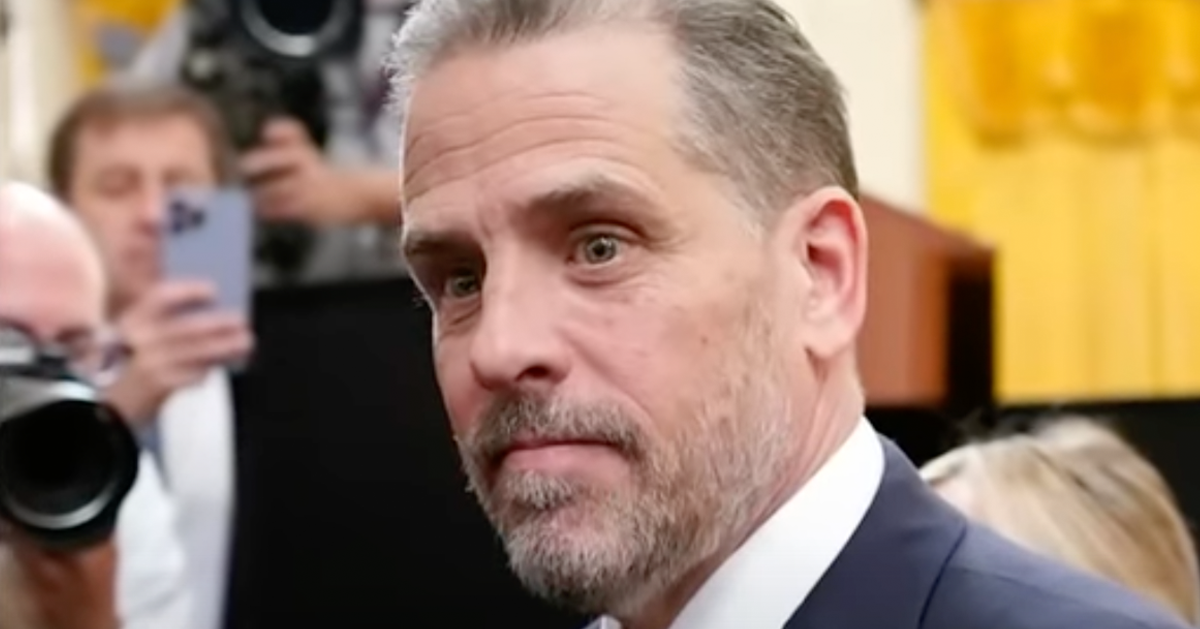Clarence Thomas urges reevaluation of landmark discrimination ruling
U.S. Supreme Court Justice Clarence Thomas is advocating for a fresh look at a pivotal employment discrimination ruling from 1973, voicing criticism of a longstanding legal framework.
Thomas expressed concern over the Supreme Court's decision not to review the case of a former California fire chief, potentially missing a chance to address issues with the McDonnell Douglas Corp. v. Green precedent, as Newsweek reports, which he believes contains serious flaws requiring possible reversal.
The case in question involved Ronald Hittle, previously a fire chief in Stockton, California, who was dismissed due to alleged misconduct in 2011. Hittle, a "devout Christian," alleged that his termination was based on religious discrimination.
He was scrutinized for attending a leadership training program with religious affiliations during his tenure from 2005 to 2011.
Thomas, Gorsuch Dissent
Thomas, together with Justice Neil Gorsuch, voiced their dissent when the Supreme Court declined to hear Hittle's appeal.
Justice Thomas found fault with the existing legal processes used to adjudicate employment discrimination cases. According to him, the case presented an opportunity to reexamine the McDonnell Douglas decision, which has been the standard framework for such cases since the 1970s.
Implemented in 1973, the McDonnell Douglas framework requires plaintiffs in discrimination cases to demonstrate that an employer's stated reason for an employment decision is merely a cover for discrimination. The framework was applied in Hittle's lawsuit, which was initially heard in a federal district court.
Thomas argued that the McDonnell Douglas ruling has generated widespread confusion in employment discrimination cases. Despite this belief, Hittle's case was dismissed due to what the majority said was insufficient evidence proving the city of Stockton used his misconduct as a pretext for discrimination, a decision upheld by the 9th Circuit Court of Appeals.
Legal Complications with Historical Decision
In their dissent, Thomas and Gorsuch called attention to what they see as a convoluted and outdated legal precedent in McDonnell Douglas. Thomas emphasized the need for "clear guidance" to help courts navigate Title VII cases more effectively. This dissent highlights the justices' intent to address what they view as fundamental issues with the ruling.
The original McDonnell Douglas decision created a three-part test for evaluating discrimination claims. First, a plaintiff must establish a prima facie case of discrimination.
Then, the burden shifts to the employer to provide a legitimate, non-discriminatory reason for the employment action. Finally, the plaintiff must demonstrate that the employer's stated reason is a pretext.
Hittle's removal as fire chief stemmed partly from his choice of a leadership program perceived as religious, raising questions about the potential for religious bias in his firing. This case arguably highlighted some of the complex issues arising from using the McDonnell Douglas framework in practice.
Hittle's Case Illustrates Framework's Challenges
Thomas and Gorsuch's dissent comes amid ongoing discussions about the burden-shifting nature of McDonnell Douglas. Critics argue that the framework may not adequately address modern employment discrimination challenges, suggesting a pressing need for a more dynamic legal approach.
According to a 2018 Congressional Research Service report, any decision to overrule precedent must stem from a "special justification" and not merely a disagreement with the existing decision. This illustrates the significant hurdles involved in revisiting longstanding legal doctrines like McDonnell Douglas.
The reluctance to reevaluate the McDonnell Douglas case illustrates broader judicial hesitance to dramatically alter established legal standards. The interplay between precedent and evolving legal challenges remains a complex issue for the Supreme Court.
Question of Precedent and Supreme Court Dynamics
Justice Thomas, appointed by President George H.W. Bush in 1991 after a contentious confirmation, consistently advocates for reexamining entrenched court rulings. His ongoing critique of McDonnell Douglas reflects this broader judicial philosophy.
While the Supreme Court opted not to hear Ronald Hittle's case, Thomas's dissent suggests that debates over the viability of McDonnell Douglas will continue. This decision underscores the tensions within the Court regarding interpretation and application of historical precedents.
As legal challenges evolve, Thomas and others argue for revisiting decisions like McDonnell Douglas. Until such a review occurs, the framework stands as the guiding principle for many employment discrimination cases, continuing to shape the landscape of American labor law.






